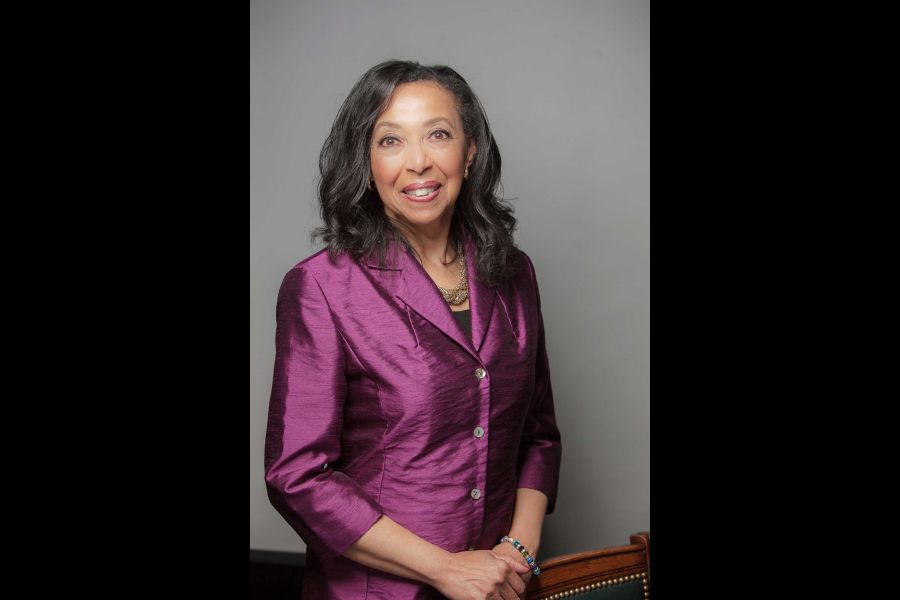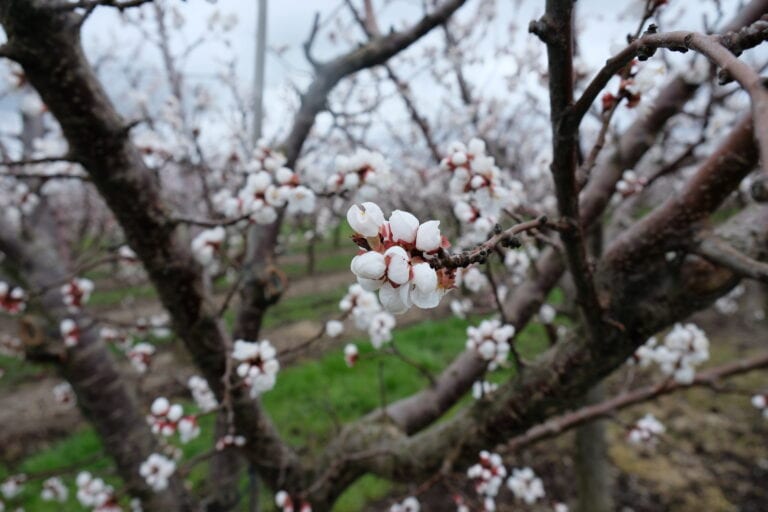Julia Sacco
Special to The Lake Report
Canada's education system can do a much better job at teaching students about the role Black soldiers have played in the nation's history, anti-racism advocate Rosemary Sadlier says.
The former president of the Ontario Black History Society, Sadlier kicked off the Niagara Parks Black History virtual speaker series with a presentation called “Blacks in the Military.”
Sadlier took people through the role of Black people in Canada’s history, from slavery to serving in the military, highlighting the lack of information on the subject in our education system.
“People of African descent have taken a meaningful role in the defence of this country, from the American Revolution to the War of 1812, the Mackenzie Rebellion, the American Civil War and both world wars, but our collective understanding of their service is often rather limited,” she said.
Sadlier’s presentation addressed the deep history of Black people in Canada, including our country’s role in slavery, which Sadlier discussed separately in an interview.
“When I realized there had actually been slavery here it changed everything,” she said
“It’s like a seismic shift, because instead of Canada then just being this place where everybody was really nice and white and all the white people wanted to help the Black people, it’s not true. Black people have been enslaved here, Black people experienced all kinds of racist incidents and segregation and discrimination,” said Sadlier.
She made a particularly poignant statement in her presentation, stating that “enslaved people didn’t just pick cotton,” a common misconception due to generations of miseducation.
She offered the example of Richard Pierpoint, a soldier who fought on the British side during the War of 1812 because it was his only alternative to slavery.
“He defended what is now Canada because the alternative was so horrendous, and while life wasn’t perfect here, it certainly wasn’t going to improve if American troops took over,” said Sadlier.
Pierpoint’s skill and ability may have been what granted him an extra allocation of land for his service, according to Sadlier, but his achievements and those of many other Black Canadians unfortunately go unrecognized by many.
Sadlier noted at Queenston Heights you can see the “massive” Brock’s Monument overlooking the Niagara River. Meanwhile, a small plaque she managed to get dedicated for the Colored Corps is located nearby, but “if you didn’t know where it was, you would never find it.”
“Canada was not created by the efforts of one gender, by the efforts of one race. There were people who were very diverse who worked to preserve and protect and maintain this place that we now call Canada,” she said, and it is important that we know each and every person’s story to reveal the true history of Canada.
In light of the Black Lives Matter movement and the deaths of George Floyd, Elijah McClain, Breonna Taylor, Regis Korchinski-Paquet and countless others, especially in a predominantly white community like Niagara-on-the-Lake, it is important that we hold ourselves accountable for conducting proper research on Black history, and not just every February.
The next presentation in the Niagara Parks virtual Black history speaker series is Feb. 24. For more details visit niagaraparks.com/blackhistory.










